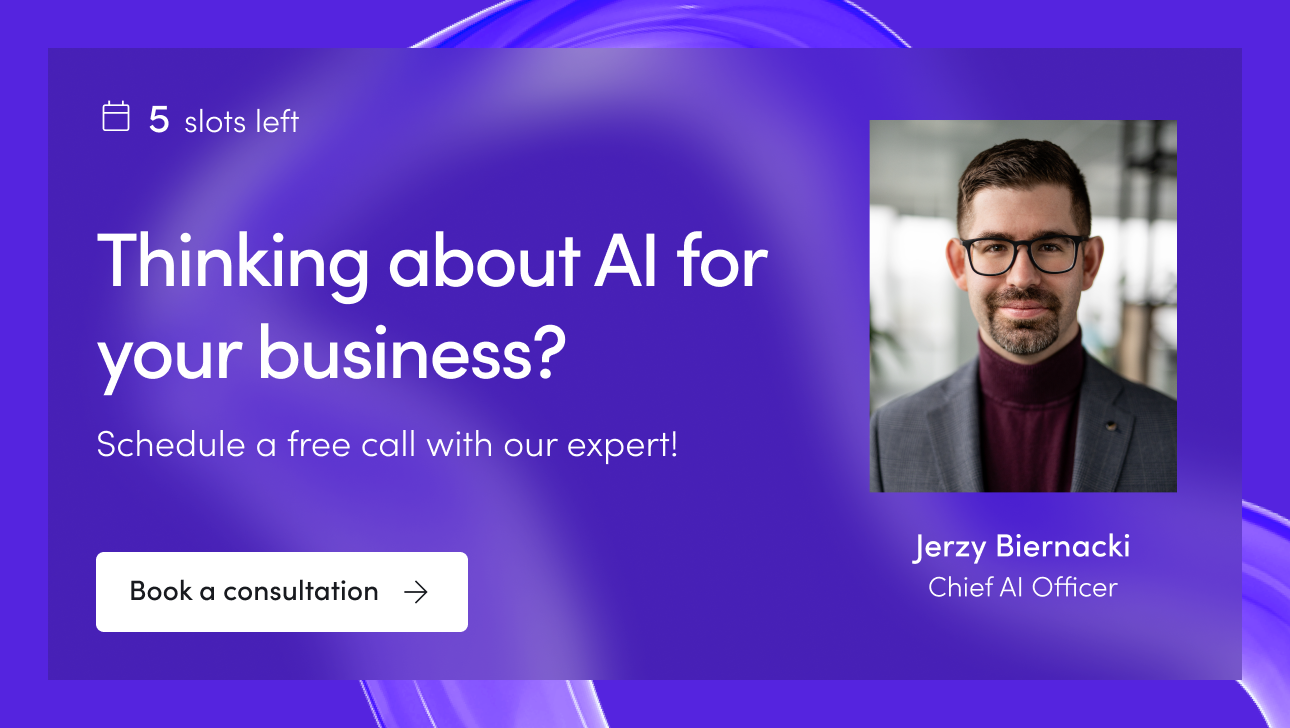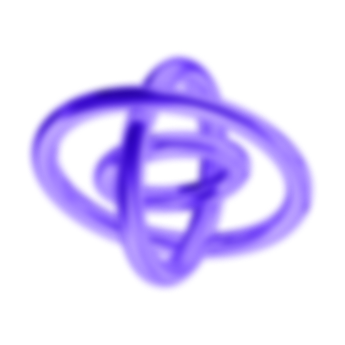In healthcare, the need for fast, precise diagnoses has never been greater. Traditional diagnostic methods – while reliable – can be slow and resource-intensive, often requiring specialized expertise that’s hard to access in high-demand hospitals or remote locations. Now, imagine a healthcare environment where artificial intelligence accelerates and enhances medical diagnostics, supporting professionals in identifying early signs of disease, interpreting complex imaging, and analyzing patient data with remarkable accuracy.
Generative AI provides a new way for the healthcare industry to develop diagnostic tools that boost clinical decision-making. By recognizing patterns in imaging, analyzing lab data, and connecting multiple data sources, AI can transform raw information into actionable insights. The tool’s adaptability is key: it can be tailored for specialties like oncology or cardiology or offer a comprehensive view for general medical diagnostics. AI becomes an intelligent AI tool for medical diagnosis, growing smarter over time and keeping pace with the latest in medical research and practice. Additionally, AI tools analyze various types of medical images, such as X-rays and MRIs, to improve diagnostic accuracy.
With the AI Kickstarter framework, healthcare organizations can build custom, scalable AI tools for medical diagnosis from scratch. Rather than settling for pre-built, limited tools, AI Kickstarter empowers providers to collaborate with AI experts and create diagnostic tools tailored to their exact needs. This approach allows for the integration of unique datasets, specialized models, and customized workflows that evolve over time. Whether the goal is to boost radiology accuracy, streamline lab work, or bring advanced diagnostics to underserved areas, AI Kickstarter offers a flexible foundation to bring these ambitions to life.
Custom AI diagnostic tools are particularly beneficial for:
- Hospitals and clinics seeking to improve diagnostic accuracy and reduce patient wait times.
- Radiology and imaging centers handling large volumes of medical scans that require rapid, consistent interpretation.
- Primary care providers needing support in diagnosing common and complex conditions.
- Telemedicine platforms aiming to offer enhanced remote diagnostic capabilities and faster patient results.
- Specialized diagnostic facilities focused on detecting conditions like cancer, cardiovascular disease, and neurological disorders.
Challenges of traditional diagnostic methods for healthcare providers
Traditional diagnostic processes often encounter significant limitations, including:
- Time-intensive analysis: Interpreting diagnostic data, especially imaging scans, can be slow and lead to patient backlogs.
- Resource constraints: Many facilities lack specialized expertise, especially in rural or underserved areas, resulting in delayed or inaccessible care.
- High operational costs: Diagnostic processes involving extensive manual review and repeat tests can be costly for healthcare providers.
- Data gaps: Traditional methods may miss subtle patterns in large, complex datasets, potentially leading to underdiagnosis or misdiagnosis. These methods often fail to provide consistent and objective analysis, which is crucial for accurate medical diagnostics.
Additionally, diagnosing various medical conditions can be challenging due to the limitations of traditional methods. Advanced AI technologies can enhance the diagnostic capabilities of healthcare professionals, leading to improved outcomes across various medical fields.
Benefits of the AI tool for medical diagnosis and patient outcomes
An AI tool for medical diagnosis addresses these limitations by providing healthcare teams with an efficient, intelligent, and highly adaptable diagnostic solution. Key benefits include:
- Improved diagnostic accuracy: AI algorithms can analyze large datasets with high precision, reducing human error and facilitating early, accurate diagnoses in clinical practice.
- Reduced backlogs: By processing medical data and identifying issues quickly, the AI tool speeds up the diagnostic workflow and helps avoid delays.
- Enhanced decision-making: The AI tool for medical diagnosis can generate actionable insights, empowering healthcare professionals to make confident, data-driven decisions, even in complex cases.
- Broader access to quality care: Facilities in underserved regions can benefit from advanced diagnostic support, bridging gaps in specialized expertise.
- Cost-effective operations: Streamlining diagnostic processes reduces the need for costly manual reviews and lowers operational expenses.
AI tool for medical diagnosis features and medical data
- Predictive analytics for risk assessment: AI tool for medical diagnosis can use machine learning to assess risk factors and predict disease progression, enabling early intervention. Additionally, by automating routine tasks, these AI tools improve efficiency, allowing healthcare professionals to focus more on patient care.
- Multi-data correlation: AI tool for medical diagnosis can combine various data types (e.g., imaging, lab results, EHRs, medical history) for a holistic view of patient health and comprehensive diagnostic insights.
- Annotated reports and visuals: AI tool for medical diagnosis can generate reports with visual annotations for imaging data, making it easy for medical professionals to review and communicate findings.
- Data security: AI tool for medical diagnosis ensures all data is processed in accordance with healthcare data regulations, safeguarding patient privacy and security.

Cost Structure
Built with the AI Kickstarter framework, this AI diagnostic tool is available as a custom-built solution with a one-time development fee. This investment covers data integration, customization, and deployment, aligning the solution with specific workflows and diagnostic needs. Optional features, like additional imaging modules, predictive analytics, or custom diagnostic models, are available upon request to provide tailored diagnostic support.
ROI
Investing in an AI diagnostic tool delivers high returns by:
- Reducing diagnostic costs: AI tool for medical diagnoses minimizes manual review and cuts down on unnecessary follow-up tests, lowering operational costs.
- Accelerating time-to-diagnosis: AI automates processes to shorten diagnostic cycles by efficiently analyzing patient records, reducing patient wait times and improving satisfaction.
- Improving long-term outcomes: Early and accurate diagnoses contribute to better patient outcomes, reducing costs associated with complications or advanced treatments.
Empower your healthcare team with a custom-built AI solution that combines accuracy, efficiency, and advanced technology to improve patient care. Using the AI Kickstarter framework, we can work with you to create a solution that fits seamlessly within your diagnostic workflows, helping you build a powerful tool tailored to your unique needs. Contact us today to explore how AI can transform your diagnostic capabilities and redefine patient outcomes.













